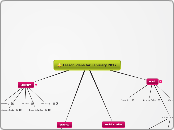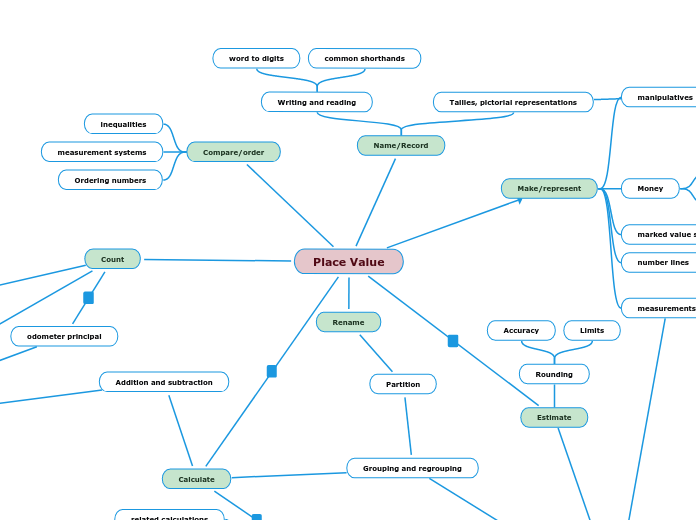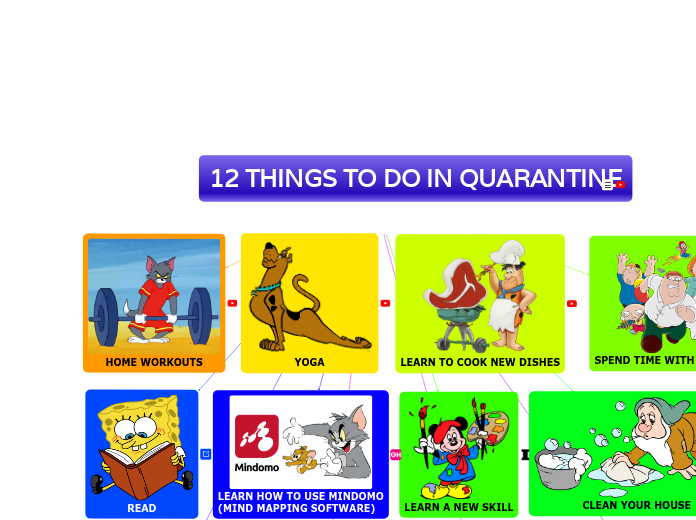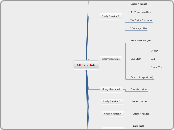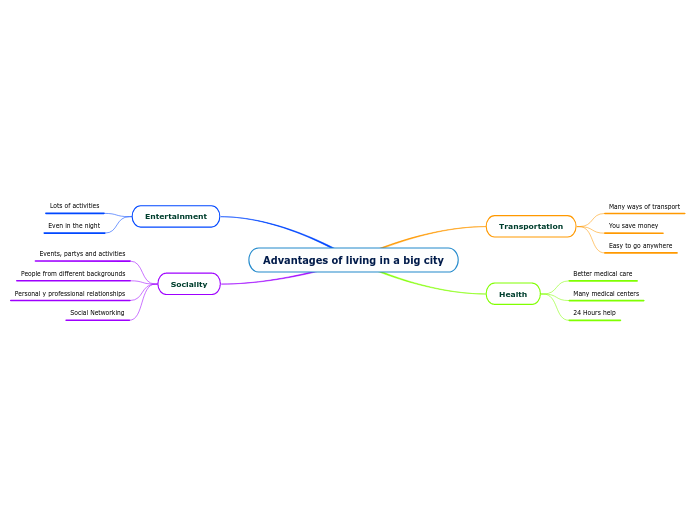Lesson Plans for February 2012
Science
Balance and Motion
Week: February 6th-10th
Foss Kit: Investigation 1 Balance: Part 1- 2
Students discover many ways to balance two dimensional shapes made out of tagboard
*Objects can be balanced in many ways
*A stable position is one that is steady; the objects is not falling over
*Counterwieghts can help balance an object
Student will observe balanced objects and observe stable balanced systems
Week: February 13th-17th
Investigation 1 Balance: Parts 3 and 4
Students will use a piece of pliable wire and counterweights (clothespins) to make a pencil balance on its point. They will make mobiles from paperclips, rubberbands, straws, and index cards to apply their understanding of balance, stability, and counterweighting.
* A mobile is a system of balance beams, and objects
Student will observe, compare, organize, and communicate observations of balance and stability, using precise vocabulary.
Science Lab
Math
Learning to Measure and Measuring Distances
Unit 5: Fish Lengths and Animal Jumps- Measurement
Time
Computer Games
Brain Pop- Place Value
Shark Numbers
Place the Penguins
Week: February 6th-10th
Activity 1: Finish Time book (tell time to the half hour)
Activity 2: Five in a Row Subtraction
Activity 3: IXL (differentiated for each student)
Activity 4: Fast Math- in computer lab (differentiated for each student)
Week: February 13th-17th
Activity 1: Measuring Keepers (student workbook pg. 6)
Activity 2: itouches- Zoom (numberline, place value)
Activity 3: Computers (Subtraction Games)
Activity 4: Fast Math- in computer lab (differentiated for each student)
Week: February 21st- 24th
Activity 1: Investigation 1 Assessment, Explore Manipulatives
Activity 2: itouches/ipad
Activity 3: Computers
Activity 4: Subtraction Story Problem, Balancing Activities
Number Talks
Week: February 6th-10th
24+26=
19+20=
Week: February 13th-17th
10-7= 10-3=
8-4=
Measuring
Week: February 6th-10th
Monday and Tuesday: Unit 5: Investigation 1.1 Cube Towers and Measuring Collections- Understanding what length is and how it can be measured, identifying the longest dimension of an object, discribing measurement of objects that are in between whole numbers of units, understanding that measurements of the same lengths should be the same when they are measured twice or by different people using the same unit
*Extension- student workbook pg 1
Wednesday and Thursday: Unit 5: Investigation 1.2 Measuring with Cubes, Tiles, or Paperclips- measuring lengths with different size units, developing accurate measurement techniques, understanding that measuring an object using different length units will result in different measurements
*Extension- student workbook pg 3 and 4
Week: February 13th-17th
Monday and Wednesday: Unit 5: Investigation 1.3 Measuring Fish- identifying contexts in which measurement is used, using inch tiles to measure objects in inches, developing accuracte measurement techniques, understanding the meaning of at least in the context of linear measurement
*Extension- student workbook pg 5 (in small groups)
**Tuesday we will be doing Valentines Day activities
Thursday: Unit 5: Investigation 1.4 Fish Stories- solving problems about comparing lengths
*Extension- student workbook pg 11 and 12
Friday: Unit 5: Investigation 1.6 Assessment: How Long Is This Fish?
Week: February 21st-24th
Tuesday- Unit 5, Investigation 2.1 Measuring with Kid Steps- Measuring length by iterating a single unit, measuring lengths using different sized units, and comparing length to determine which is longer
*Extension- student workbook pg. 16-17
Wednesday- Unit 5, Investigation 2.2 and 2.3 Measuring with Different Units- Developing accurate measurment techniques, understanding that measuring an object using different length units will result in different measurments
*Extension- student workbook pg. 21 and 23
Thursday- Unit 5, Investigation 2.4 Measuring Jumps- developing accurate measurment techniques and solving problems about comparing lengths
*Extension- student workbook pg. 25 and 26
Friday- Unit 5, Investigation 2.4 Continued with Sub
*Extension- student workbook pg. 27-28
Social Studies
Literacy
Making Meaning – Finish up visualizing lessons
Being a Writer - Unit 5; Writing Non-fiction
Author Studies – Dr. Seuss
Phonics- Consonant Blends and R Controlled Vowels
Spelling
Being A Writer
Week: February 6th-10th
Monday: Present glogster research projects
Tuesday: BAW Unit 5: Week 1: Day 2, Student write facts about themselves
Wednesday: Continued- Play the Who Am I? game
Thursday: BAW Unit 5, Week 1, Day 3: Generarte a list of facts about the class in complete sentences
Friday: BAW Unit 5, Week 1, Day 4: Generate a list of facts about our school in complete sentences, Observation walk
**Did not finish last weeks writing lessons for the week of Feb. 6th-10th
Week: February 13th-17th
Finish lessons from previous week
Week: February 21st- 24th
Create your own Dr. Seuss inspired character and write your own story about that character.
Finish Storybird fictional story
Author Study
Week: February 6th-10th
Monday- Book Browse
*Computer Lab- explore seussville.com
Tuesday- Biography, Read Oh the Places You'll Go
Wednesday- Read The Cat in the Hat
Thursday- Read The Cat in the Hat Comes Back
Friday- Dr. Seuss timeline on seussville.com
Week: February 13th-17th
Monday- Read And To Think That I saw It On Mulberry Street
Tuesday- Valentines Day Fun!
Wednesday- Read Horton Hears a Who, Watch the 1970's video clip of the cartoon on seussville.com
Thursday- Read Horton Hatches the Egg, Watch the 1942 video clip of the cartoon on seussville.com
Friday- Watch Horton Hears a Who
Week: February 21st-24th
Tuesday- Read Hop on Pop and If I Ran the Zoo
Wednesday- Read One Fish, Two Fish, Red Fish, Blue Fish and Thidwick the Big Hearted Moose
Thursday- Read Bartholomew and the Oobleck and The Foot Book, Extension: Make oobleck
Friday- Read There's A Wocket in my Pocket and Oh Say Can You Say?
Week: February 27th-March 2nd
Monday- Read Oh the Thinks You Can Think and I Can Read With My Eyes Shut
Tuesday- Read Ten Apples Up on Top and Mr. Brown Can Moo, Can You?
Wednesday- Read Marvin K. Mooney Will You Please Go Now! and Did I Ever Tell You How Lucky You Are?
Thursday- Read Yurtle The Turtle and Other Stories
Friday- Read Green Eggs and Ham and The Lorax, Extension: make green eggs and ham and watch Green Eggs and Ham, watch The Lorax on suessville.com
Workshop
Week: February 6th-10th
Activity 1: Computer- Raz Kids (Individually differentiated reading levels)
Activity 2: Weekly Reader- Black History Month
Activity 3: Read Around the Room (partner read)- Dr. Seuss books
Activity 4: School Library (interest books)
Activity 5: Word Study/Spelling- find and list words that have the dame word pattern (blends, word families, diagraphs, etc)
Activity 6: itouches/ipad- word games
Activity 7: Spelling- Shaving Cream Words
Week: February 13th-17th
Activity 1: Computer- Suessville.com
Activity 2: Weekly Reader- Presidents Day
Activity 3: Read Around the Room (partner read)- Dr. Seuss books
Activity 4: School Library (interest books)
Activity 5: Word Study/Spelling- Blends
Activity 6: itouches/ipad- word games
Activity 7: Writing- Create your own Dr. Seuss inspired Character
Week: February 21st- 24th
Activity 1: Computer- Storybird or RazKids
Activity 2: Weekly Reader- Where Do I Live?
Activity 3: Read Around the Room (partner read)
Activity 4: School Library (interest books)
Activity 5: Word Study- Cat in the Hat -at words
Activity 6: itouches/ipad- word games
Activity 7: Writing- Create your own Dr. Seuss inspired Character and write your own story
Phonics
Week: February 6th-10th
Consonant S Blends (st, sc, sk, sp, sn, sm, str)
Week: February 13-17
R Controlled Vowels (ar, ir, er, ur)
Week: February 21st- March 2nd
Base Words and Inflected Endings (ed, ing, est, er, es, s)
Making Meaning
Week: February 6th-10th
Monday: Student Books- pg 7 How I Pictured My Favorite Book
Tuesday: Students share with the class
**Take a break from MM until March, when we pick with Unit 5: Exploring Fiction
